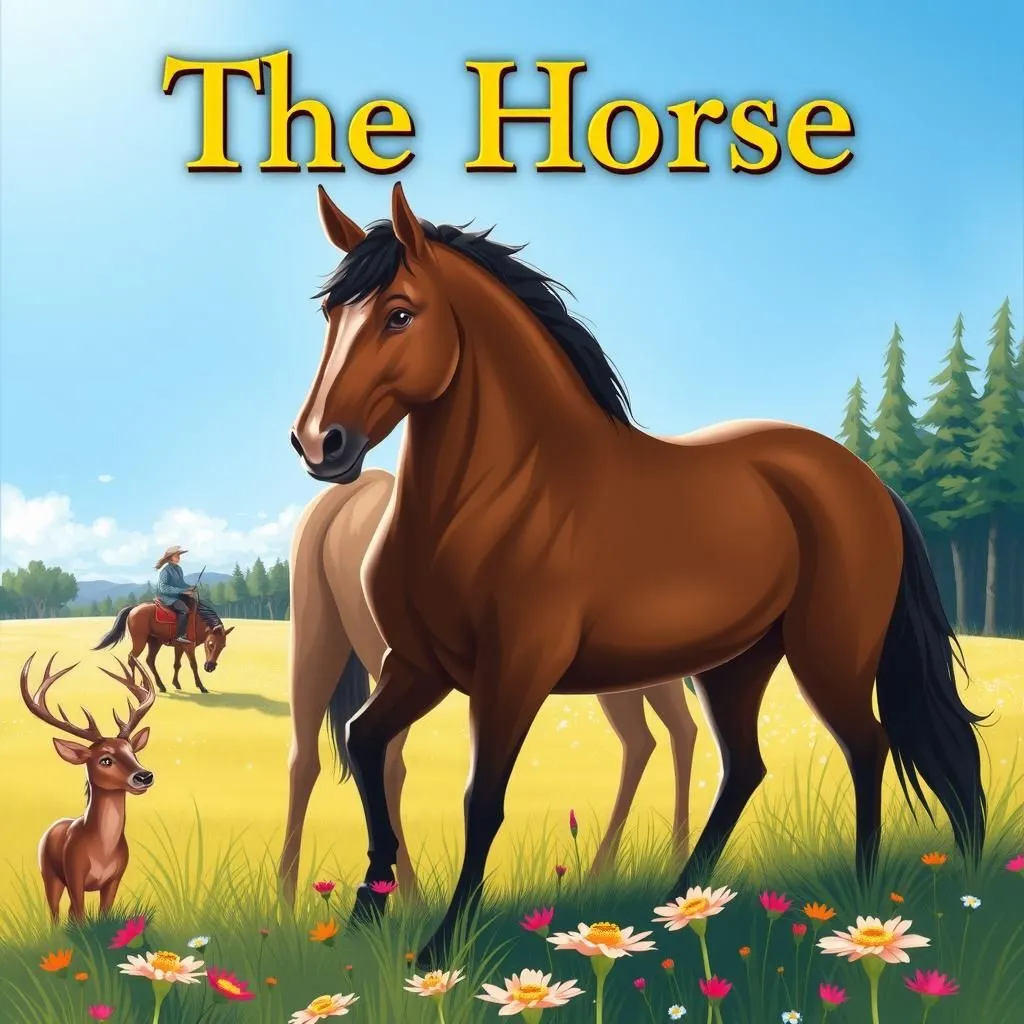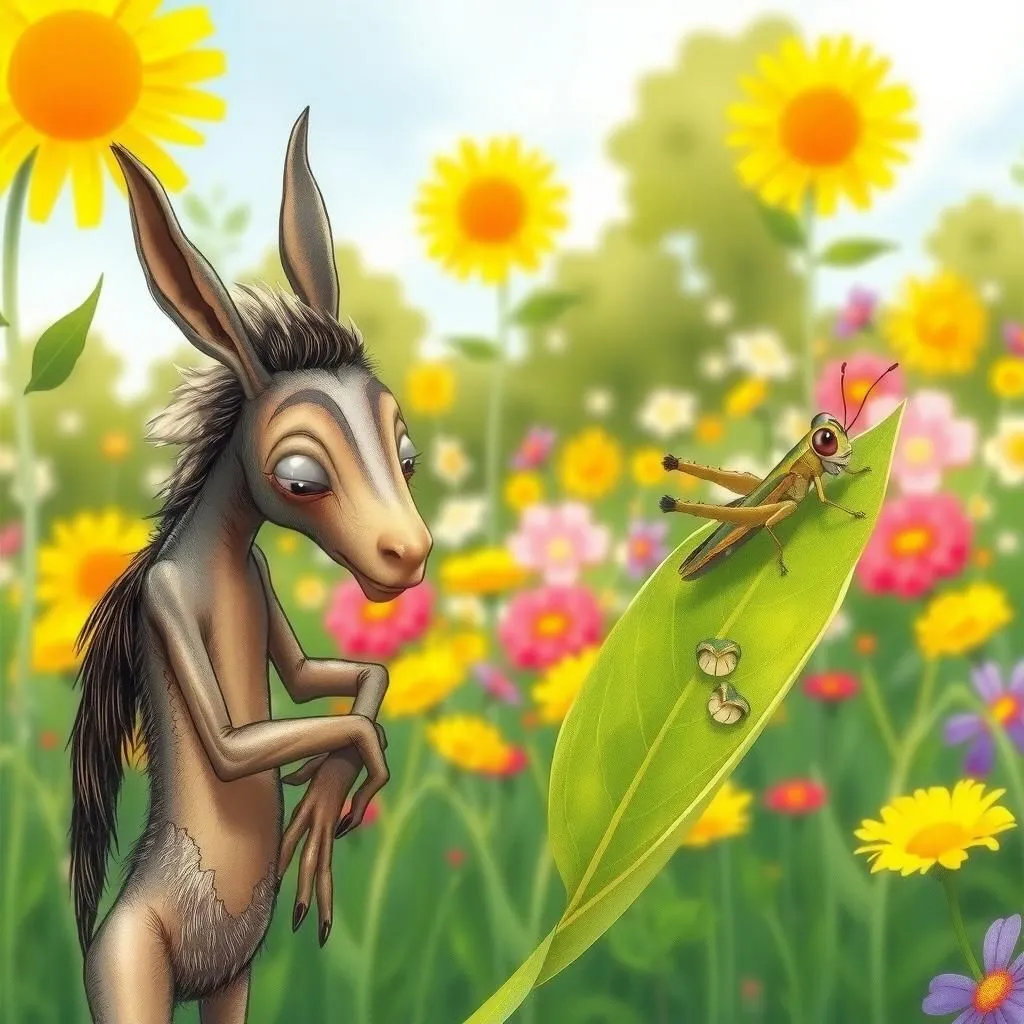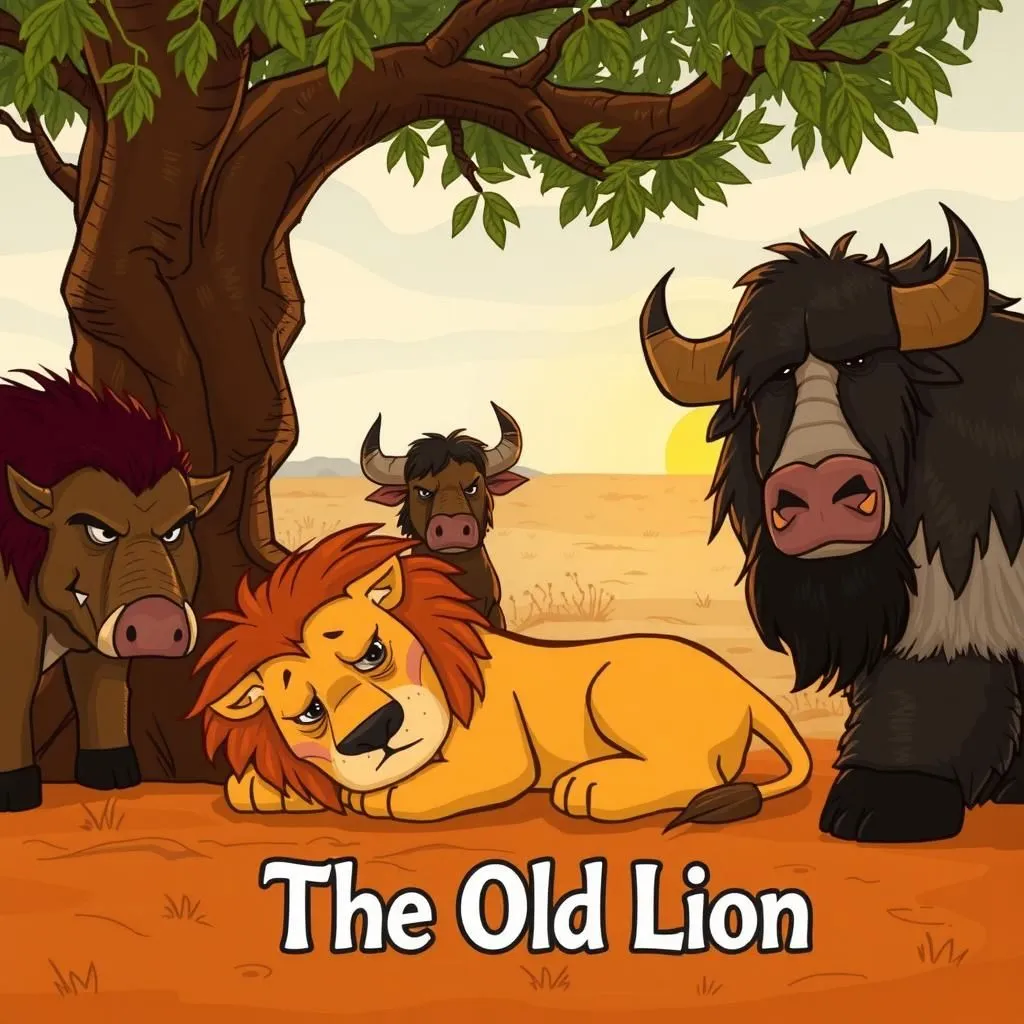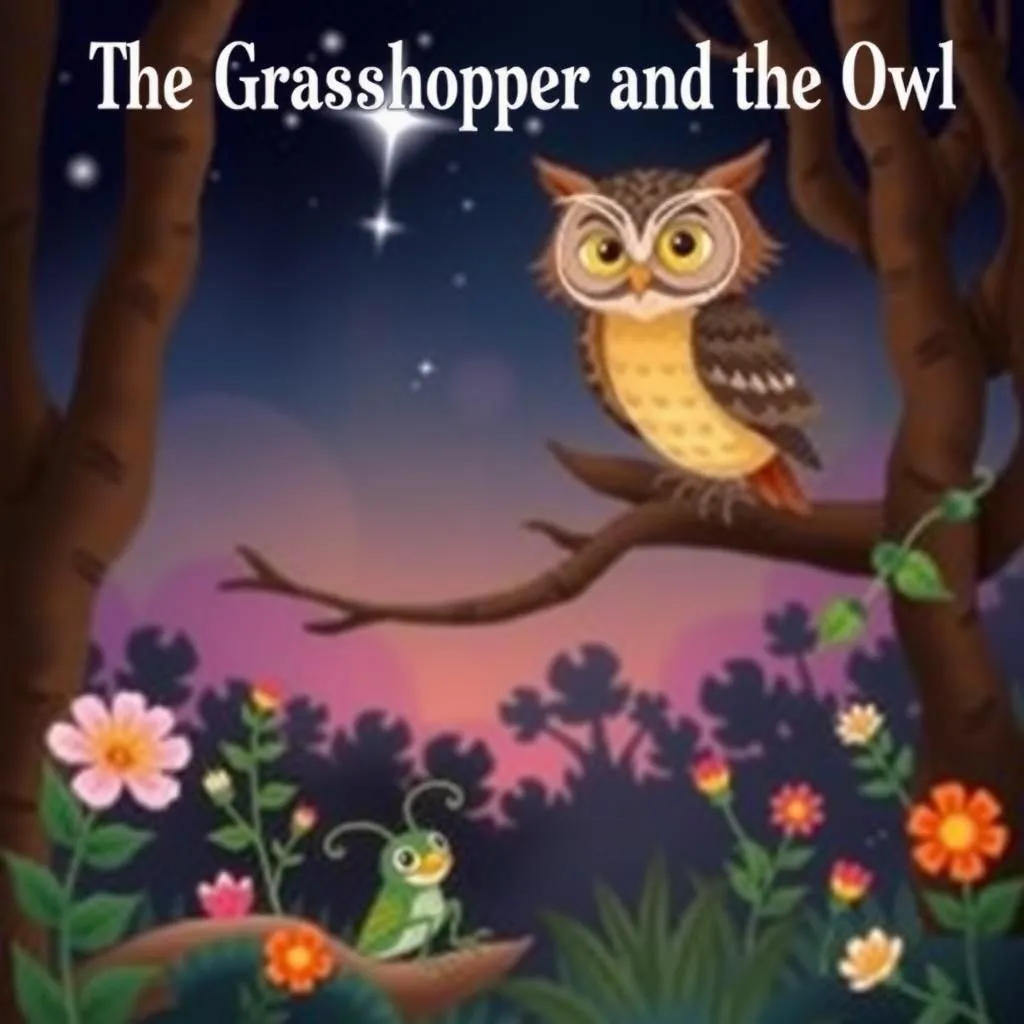
The Horse and the Stag
In this heartwarming moral story, the Horse, once the sole ruler of the plain, seeks revenge on a Stag that intrudes into his pasture. Enlisting the help of a man who promises to aid him, the Horse ultimately finds himself enslaved to the very human he sought to empower, illustrating a powerful lesson about the consequences of vengeance and the importance of freedom. This tale serves as a poignant reminder of the lessons from moral stories that resonate in childhood stories with moral lessons.


